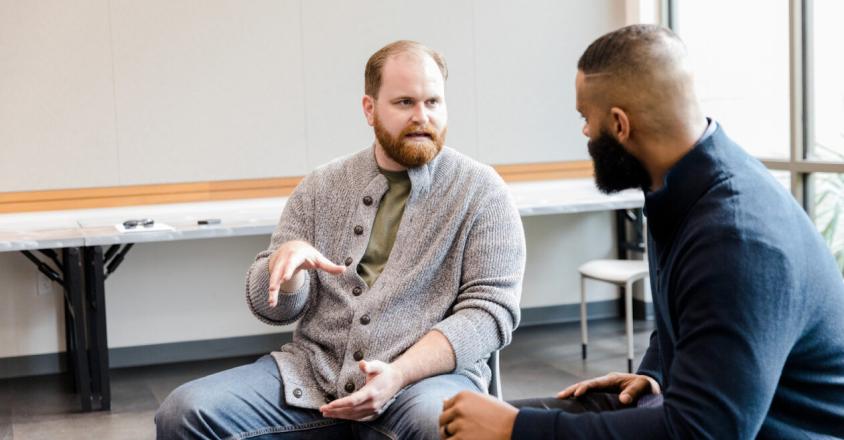

If you think you have PTSD, you're not alone
Help and treatments are available
References to post-traumatic stress disorder appear in literature as far back as 50 B.C. For hundreds of years, doctors studied reports of illnesses called post-traumatic neurosis, disorder of will, shell shock, battle fatigue and more. In the late 1970s, interest and research into the problems Vietnam War veterans faced resulted in the recognition of the disorder by the American Psychiatric Association in 1980.
The disorder
Now widely known as PTSD, post-traumatic stress disorder is a trauma/stressor-related disorder that people develop after seeing or living through an event that caused or threatened serious harm or death. Combat, natural disasters, serious accidents, terrorism and physical, sexual and emotional acts of violence are considered causes.
The symptoms
Flashbacks and triggers – people who have PTSD report having flashbacks or feeling as if the trauma is happening again. They may have nightmares or be reminded of the event by a sound, smell or something they see.
Avoidance – avoiding things that can trigger memories, like crowds or fireworks displays, are common behaviors. Accident victims may resist or refuse to drive or fly.
Negative feelings – guilt, shame, anger and depression are common.
Disturbances – many sufferers have trouble sleeping, find it hard to concentrate and are easily startled by loud noises or surprises.
Destruction – alcohol and drug misuse, driving aggressively and increased instances of self-harm are common reactions to trauma.
Is PTSD common?
Almost half of Americans report that they've experienced trauma. Within that group, about 1 in 10 men and 2 in 10 women develop PTSD.
When to seek help
Experts say that if the symptoms last longer than four weeks, cause significant distress or interfere with work or home life, it might be PTSD.
Treatments work
Studies report that trauma-focused or talk therapies, like Cognitive Processing Therapy (CPT), are common and successful treatments for PTSD. CPT teaches patients how to change the upsetting thoughts and feelings associated with the event. Exposure therapies help patients gradually approach memories and emotions they avoid. Medication or a combination of therapy and medication work for many people.
There are also new and emerging treatments under review. Talk to your family physician or a mental health provider if you think you could have PTSD. They will direct you to additional resources for diagnosis, treatment and support.
Genesis HealthCare System’s Health and Wellness content conveniently provides accurate and helpful information. Your health history and current health may impact suggestions provided through our Health and Wellness content. Although we hope this information is helpful, it is not a substitute for your doctor's medical advice. Before making any significant changes, please consult your doctor.



